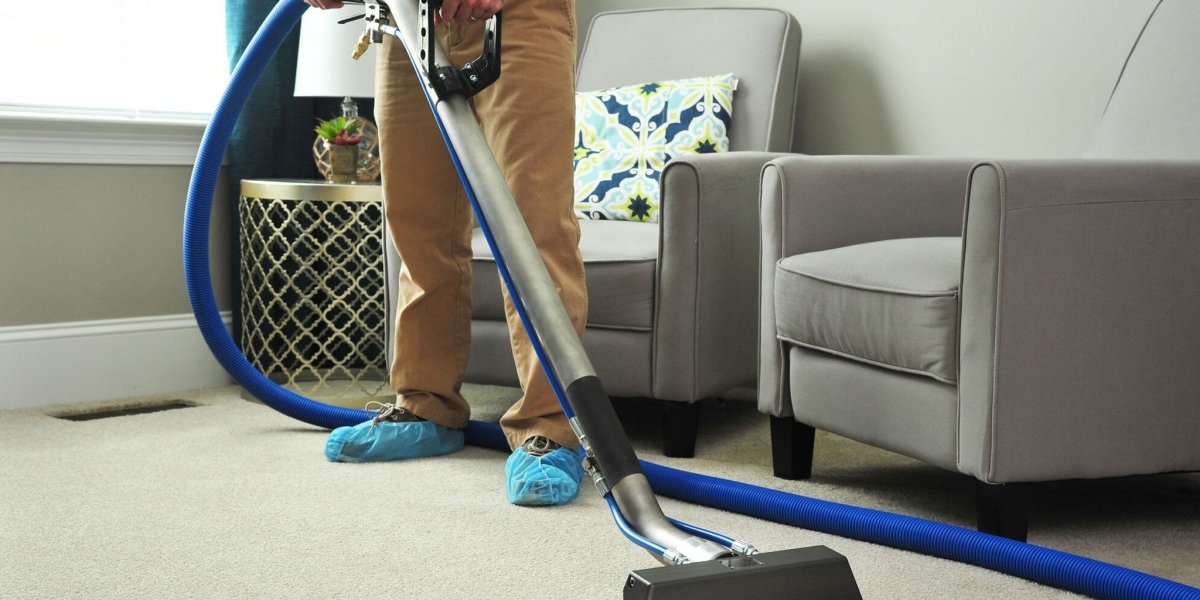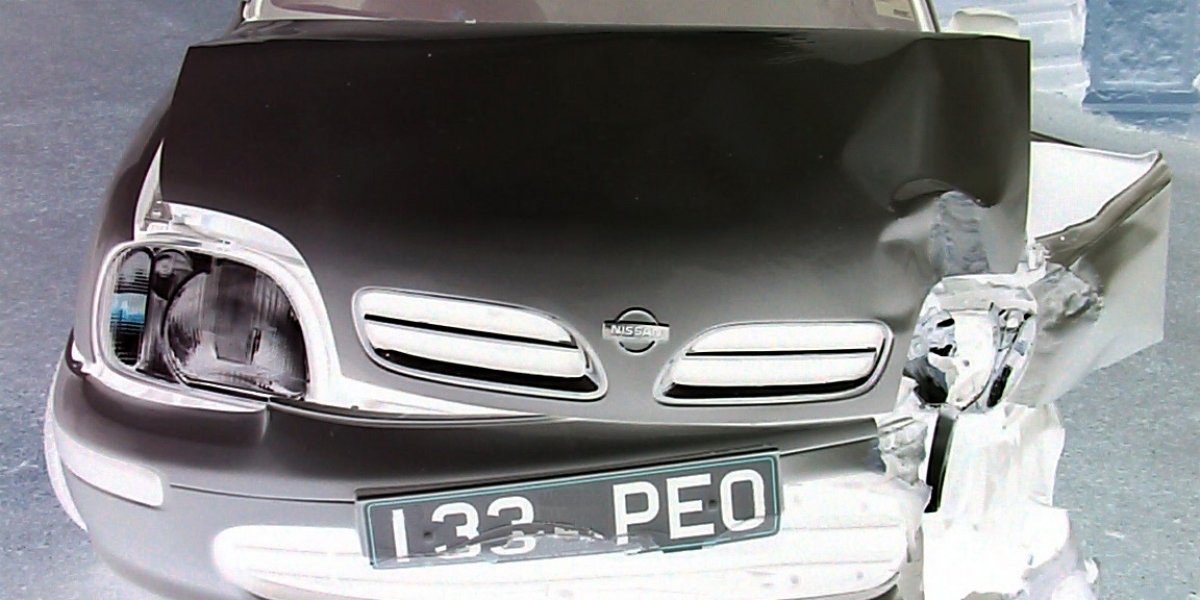In industrial projects, safety and reliability are two factors that cannot be compromised. One of the most critical systems that ensures both is the earthing system. Proper earthing not only safeguards expensive machinery but also protects workers from potential electrical hazards. Among the different materials available for earthing—such as galvanized iron, steel, and aluminum—copper rods are widely regarded as the most effective option. Their excellent conductivity, durability, and resistance to corrosion make them the preferred choice for industries across the globe.
In this blog, we will explore the key benefits of using copper rods for earthing in industrial projects and why they have become an indispensable component in modern electrical safety systems.
What Is Earthing and Why Is It Important?
Earthing, also known as grounding, is the process of transferring electrical energy safely into the ground. This ensures that in the event of a fault—such as a short circuit or lightning strike—the excess current flows directly into the earth instead of damaging equipment or harming people.
For industrial projects where high-voltage systems, heavy machinery, and complex electrical networks are involved, an effective earthing system is essential to:
Maintain voltage stability.
Prevent equipment damage.
Minimize risks of electric shock.
Ensure compliance with safety standards.
Why Copper Rods for Earthing?
Copper has long been recognized as one of the best conductors of electricity. When used in the form of earthing rods, it provides a reliable and long-lasting solution for industrial projects. Compared to other materials, copper offers superior efficiency, resistance, and cost-effectiveness in the long run.
Let’s dive into the key benefits of using copper rods for earthing in industrial applications.
1. Excellent Electrical Conductivity
The primary purpose of earthing is to provide a low-resistance path for fault current. Copper rods excel at this because copper is one of the best electrical conductors. With its low resistivity, copper ensures that fault currents are quickly and efficiently dissipated into the ground, thereby enhancing the overall safety of the electrical system.
For industries that operate sensitive equipment such as data centers, manufacturing units, or power plants, this high conductivity is invaluable.
2. Corrosion Resistance
Industrial projects often expose earthing systems to harsh environmental conditions—moisture, chemicals, and varying soil properties. Unlike galvanized iron or steel, copper has a natural resistance to corrosion. This means copper rods maintain their conductivity and structural integrity for a much longer period, reducing the need for frequent maintenance or replacements.
This durability makes copper rods especially useful in projects located in coastal or high-humidity regions.
3. Longevity and Reliability
Because of their corrosion resistance and superior strength, copper rods have a longer lifespan compared to other earthing materials. Once installed, they provide reliable performance for decades. This long-term stability is particularly beneficial for industrial projects, where replacing or repairing earthing systems can be costly and disruptive.
4. High Thermal Conductivity
Industrial environments often experience sudden surges in electrical energy, such as lightning strikes or fault currents. Copper rods, with their high thermal conductivity, can withstand and dissipate these surges more effectively than most other materials. This property reduces the chances of damage to the earthing system, ensuring uninterrupted safety and performance.
5. Low Maintenance Costs
While the initial investment in copper rods may be higher compared to alternatives like galvanized iron, the long-term benefits outweigh the costs. Thanks to their durability and corrosion resistance, copper rods require minimal maintenance and fewer replacements. For large-scale industrial projects, this translates into significant cost savings over time.
6. Compliance with Safety Standards
Many international and national safety standards recommend or mandate the use of copper rods for earthing in high-risk environments. Copper’s proven efficiency and reliability make it a preferred choice for industries aiming to comply with regulations and safety norms. By using copper rods, companies can ensure their projects meet industry benchmarks for electrical safety.
7. Versatility Across Applications
Copper rods are suitable for a wide range of industrial applications, including:
Power plants and substations.
Data centers and IT infrastructure.
Manufacturing and processing plants.
Oil and gas facilities.
High-rise buildings and large commercial complexes.
This versatility further underscores copper’s role as the go-to material for earthing systems in complex and demanding projects.
8. Enhanced Safety for Workers and Equipment
Perhaps the most important benefit of copper rods is the protection they provide. By ensuring that fault currents are efficiently grounded, they safeguard both human life and expensive industrial equipment. This is especially crucial in industries where machinery downtime or accidents can result in huge financial losses and reputational damage.
Conclusion
In industrial projects where safety, efficiency, and durability are paramount, copper rods for earthing emerge as the most reliable solution. Their exceptional electrical conductivity, resistance to corrosion, long lifespan, and compliance with global safety standards make them the ideal choice for modern industries.
Although the upfront cost may be slightly higher than alternatives, the long-term benefits—including reduced maintenance, enhanced safety, and consistent performance—make copper rods a smart and cost-effective investment.
For any industrial project aiming to build a strong foundation for electrical safety, choosing copper rods for earthing is not just an option—it’s a necessity.








